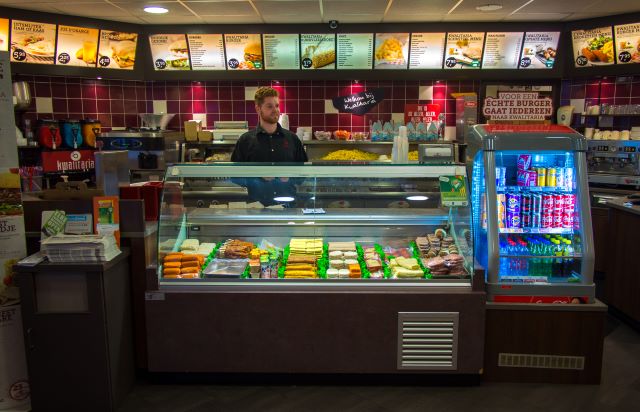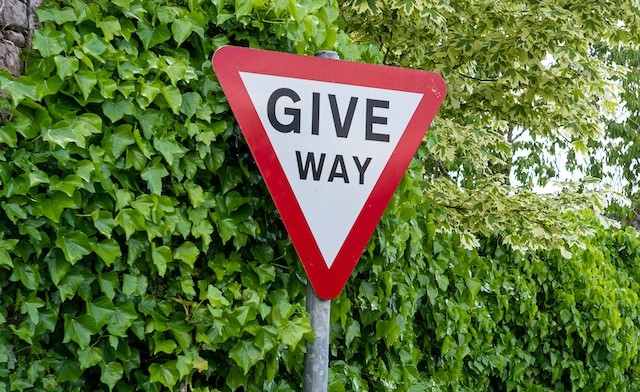Categorie: Amerikaans Vs Brits
-

Hoe zeg je “uilskuiken” in het Engels?
Hoe kun je uilskuiken het beste naar het Engels vertalen? Op het internet ben ik ”silly goose” tegengekomen, maar dat vind ik een meer speelse betekenis dragen. Deze vraag kwam binnen op mijn contactpagina (tijdens mijn vakantie, dus excuses voor het late antwoord). Dit is nu echt een woord dat ik zelf nooit gebruik, dus…
-

Hoe zeg je “hoogslaper” in het Engels?
In Nederlandse studentenkamers heel gewoon, omdat die oude herenhuizen bij ons vaak hoge plafonds hebben, en dan wil je de ruimte waar je veelteveel voor betaalt natuurlijk graag optimaal gebruiken. In tegenstelling tot wat veel Nederlandstaligen vaak denken, heeft het Engels een perfecte vertaling voor “hoogslaper”, namelijk “loft bed“. De vertaling “loft bed” is correct…
-

Hoe zeg je “draak” in het Engels?
Zo’n groot beest dat vuur spuwt, een draak dus, heet in het Engels een “dragon“. In het Engels hebben we ook nog het bedrieglijk vergelijkbare woord “drake”. Dat is geen draak, maar een mannetjeseend. Ook wel een “woerd” in goed Nederlands. In mijn Engelstalige fantasy-game betekent “drake” wél draak Tot ongeveer 1600 betekende “drake” in…
-
Hoe zeg je “ramptoerisme” in het Engels?
Een ramptoerist is iemand die afreist naar een plek waar een ramp of ongeluk is gebeurd om ernaar te gaan kijken. De Engelse vertaling is simpelweg “disaster tourism“. Houd bij deze vertaling in de gaten dat er dan wel echt een ramp gebeurd moet zijn, en de toerist er expres voor moet zijn afgereisd; voor…
-

Hoe zeg je “cafetaria” in het Engels?
Ik wil het hebben over een cafetaria zoals in het plaatje hierboven. Een friettent, frietkot, snackbar of frituur. Een klein, informeel restaurant waar je friet en snacks zoals kroketten kunt kopen om daar te eten of mee naar huis te nemen. In het Engels hebben we het woord “cafeteria”, maar als je het hebt over…
-

Hoe zeg je “ik X me een ongeluk” in het Engels?
Deze vraag kreeg ik in mijn email. Ook wel “ik X me een breuk”. De vragensteller vroeg specifiek naar de Engelse vertaling van “ik sjouw me een ongeluk” (of “ik sjouw me een breuk”). Die is dubbel lastig omdat “sjouwen” ook geen fijne directe vertaling heeft. Daar zal ik eens een apart artikel over schrijven.…
-

Hoe zeg je “statiegeld” in het Engels?
Twijfel over de Engelse vertaling van “statiegeld”, “deposit“, is niet gek – de meeste Engelstalige landen hebben (nog) geen statiegeldsysteem, en hebben er dus nog geen algemeen bekend woord voor. Je kent “deposit” waarschijnlijk eerder als “aanbetaling” of “deposito”; banktermen die niet aan een statiegeldblikje doen denken. Toch is “deposit” de juiste vertaling. In de…
-

Hoe zeg je “onder de rook van” in het Engels?
Als je in het Nederlands wilt uitdrukken dat een dorp of stadje vlakbij een grotere stad ligt, dan kun je de mooie beeldspraak “onder de rook van” gebruiken. “Pernis ligt onder de rook van Rotterdam”, bijvoorbeeld. Ik kreeg de vraag van een oudcollega via Facebook hoe je deze uitdrukking het beste naar het Engels vertaalt.…
-

Hoe zeg je “voorrang” (in het verkeer) in het Engels?
Ik kreeg een prima vraag in mijn mailbox “Ik zou zo graag willen weten hoe je in het Engels zegt: “Ik heb voorrang” of “hij heeft voorrang”. In het verkeer bedoel ik. Volgens Google is het: “I have priority” maar dat klinkt mij zo helemaal niet Engels in de oren.” Google heeft in dit geval…
-

Hoe zeg je “overheid” in het Engels?
Er is geen exacte tegenhanger voor ons woord “overheid” in het Engels, en wat het extra lastig maakt, is dat het woord “government” voor Britten iets anders betekent dan voor Amerikanen. We lopen de mogelijke vertalingen even door: government – het woord “government” betekent voor Britten iets anders dan voor Amerikanen. Voor Amerikanen is “government”…
